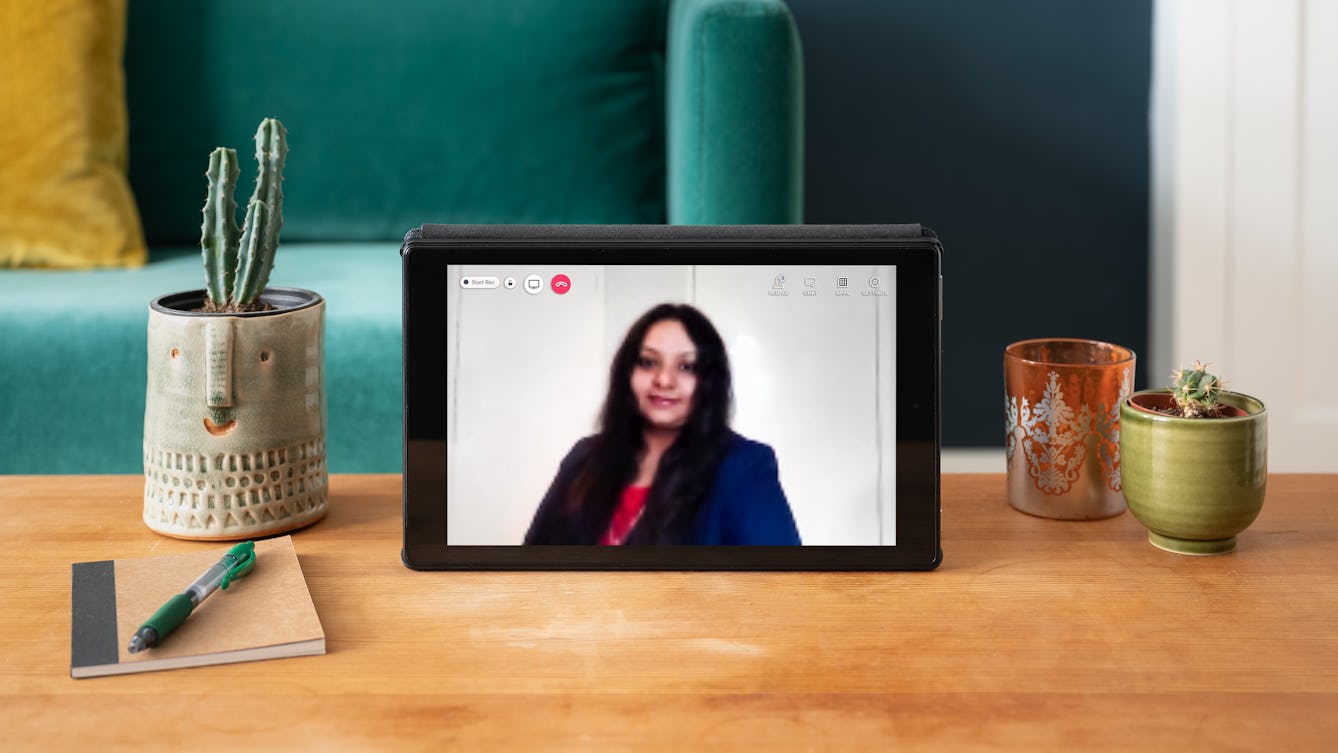What you’ll do
Watch a recording of Dr Apurba Chatterjee to hear about her research looking at medical imagery of malaria in British India between the late 19th and mid-20th centuries.
Dr Chatterjee will explore a decolonising agenda in the medical humanities and will discuss how humanities research and visual culture are important ways to make health-related research more public-facing – especially as disease and debilities lead to fresh socioeconomic, political and cultural challenges.
You’ll learn how Wellcome Collection’s digitisation programme and digital resources can be used to create new methodologies that highlight voices of colonised people who have not been previously heard. You’ll also consider how digitised visual material can open up questions around accessibility and hierarchies, and how these link to our shared colonial pasts.
The talk will reflect upon how digitisation itself can be made more responsive to the voices it helps recover, in order to create equitable knowledge.

